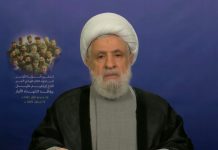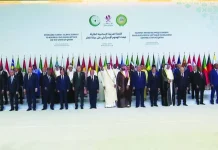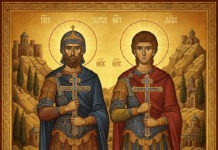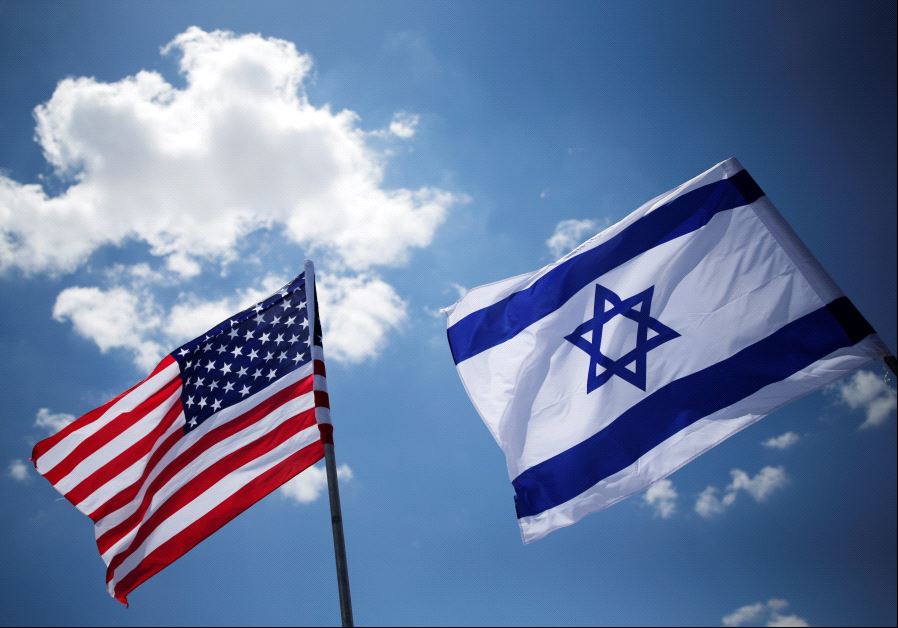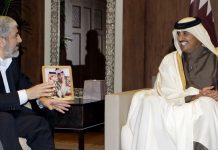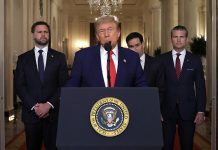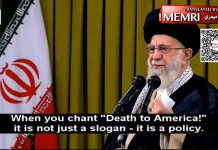Terra Incognita: The myth of ‘American Jewish liberalism’
Seth J. Frantzman/Jerusalem Post/May 29, 2017
The American Jewish community is outwardly liberal in surveys, but like others who claim to be left-wing, that liberalism is often only skin deep. That American Jews are liberal and left wing is one of the foregone conclusions of anyone who writes about the community. “Jews earn like Episcopalians but vote like Puerto Ricans,” Milton Himmelfarb said decades ago. Beneath the surface however, the liberal badge many American Jews wear on their sleeves may not really reflect reality.
The myth of American Jewish liberal values generally begins with a historical tale. Jews were an ethnic minority when they came to America in large numbers in the late 19th and early 20th century. Some gravitated toward left-leaning socialist ideologies, even anarchism, the kinds of new movements swirling around in central Europe and fleshpots like Odessa. Those who came to America came from the same pool of supporters for the 1905 Revolution in Russia. In America Jews gravitated toward urban environments and the social movements common in them. That meant labor unions and activism, progressive forerunners of social justice movements. The second generation, born in the US and tending towards secularism and assimilation, was active in 1960s civil rights movements. Jews played an outsized role in the Freedom Riders just as their peers did in causes in South Africa, the UK or France.
Now comes the third or fourth generations in the US. They are born into the wealthiest income group in America, with 44% of families making over $100,000 a year, according to a 2016 Pew study. They intermarry at high rates. Asked what it means to be Jewish, most (73%) say “remembering the Holocaust,” leading an ethical life or working for social justice (56%), according a 2013 Pew poll. Sixty-nine percent say they care about Israel. A 2005 AJC study called “Jewish distinctiveness in America” found uniquely high support for abortion and gay rights, and high levels of secularism.
So far, outwardly liberal. A new book by Sara Yael Hirschhorn, City on a hilltop: American Jews and the Israeli settler movement, has shed light on a contradictory side to this “liberalism” by examining the left-leaning American Jews who played a pioneering role in building Jewish communities in the West Bank. She writes that US Jews have been “deploying a liberal rights-based rhetoric that reconciled western universalism with Jewish particularism.” One interviewee who moved to the West Bank told Hirschhorn “it was peace, love and happiness when I first moved here.” Others talked about “equal rights” and “democracy.” They had the “luxury to ignore Arab civil liberties,” the author writes. Harvard University Press noted that the book reveals the settlers “were not messianic zealots or right-wing extremists but idealists engaged in liberal causes.” A 2011 headline about the research claimed that “West Bank residents who move from the US share more ideological roots with MLK [Martin Luther King].” The Atlantic claims the settlers were once “secular hippies.”
We are presented with a fait accompli that these self-defined “liberals” were liberal. But there is a fundamental problem here. How could so many people – Hirschhorn estimates around 60,000 Americans – play such a major role in Israel’s settler movement and have been nurtured on “liberal” values? They fight for civil rights for all in the US, but ignore millions of Palestinians who are their neighbors and who lacked basic voting rights and civil liberties? Maybe the answer is that many never internalized liberal values and like so many who describe themselves as left wing but identify with right-wing values when it suits them, they were never as liberal as they seemed. Saying “I’m a liberal” in the West is like saying “I’m a good person.” So you say “I’m liberal.”
Most of what happens when ostensible liberals do illiberal things is that they have blinders on regarding what is really happening. That is how in 2006 Judith Butler came to describe Hamas and Hezbollah “as social movements that are progressive, that are on the Left, that are part of the global Left.” Butler is Jewish, and here she is turning two radical religious right-wing hate movements into “the Left.” They are not left-wing, and how can anyone who supports them be considered such?
The problem with the self-perception of American Jewish leftism is that when confronted with certain realities, it breaks down. Benjamin Mann at The Forward recently wrote about “How to break Israel’s bond with young American Jews in one easy lesson.” He told a story of young American Jews visiting a kibbutz and being denied access to a Torah scroll because they hold egalitarian prayer services. He described how, if Israel wants American Jewish support, it must also care about catering to certain demands, such as mixed prayer.
But this discussion missed an elephant in the room: If you’re a real liberal, your problem with any kibbutz shouldn’t be the lack of a Torah scroll for egalitarian prayer, but the lack of diversity in general. Israel’s hundreds of kibbutzim and other Jewish rural communities practice official segregation, which often means non-Jews are not allowed to move to them. This often includes segregation among Jews as well, keeping secular and religious Jews segregated, along with Jews of different ethnic backgrounds. Only after long, arduous court cases have a few people won the “right” to move to such segregated communities.
Beyond that elephant is the even larger one of segregated education in Israel. How can anyone seriously talk about liberal values and Martin Luther King when Israel has official segregation in its schools? The fact is that “liberal” American Jews have accepted this segregation since 1948. The pro-Israel American Jewish Left even see in pre-1967 Israel a kind of “social justice” utopia. A utopia that had curfews for Arab citizens?
One reason for the disconnect between outwardly liberal American Jews and illiberal ideas is the intersection between particularism and universalism. The popular concepts of “Tikkun Olam” and “light unto the nations,” which are themes for social activism in liberal Jewish circles, sometimes make people feel superior. What does it really mean to “fix the world” and be a “light” unto other countries? It’s a kind of manifest destiny and “civilizing mission.” Isn’t a more healthy relationship with the world not to want to be a “light unto them,” but rather to be equal to them? Isn’t it more healthy not to want to “fix” them, but rather to work with them? There’s something strange about seeing people volunteer with African refugees and believe they are “fixing the world.” Maybe the refugee doesn’t want to be fixed, or play a role in boosting someone’s self-esteem? These terms are problematic.
Why did people go on the freedom rides to the American South? Was it because they felt superior and were trying to burnish their “good deed” credentials, or was it because of a passionate belief in civil rights? It was probably the latter. But that has morphed into something else. One can argue the rights of Jewish people to live in the West Bank, but one cannot seriously see Jewish communities in the West Bank as involved in anything liberal. If you want the West Bank to be something liberal, then equal rights should have been granted to the Arabs first and then an equal process of allowing Jews to purchase land there should have followed. You can’t allow one group to have more rights for 50 years and pretend you’re doing anything “liberal.” The fact that the US Jewish community produced a disproportionate number of people wanting to “pioneer” in the West Bank can’t be wrapped inside a liberal ideology.
That doesn’t mean the US Jewish community hasn’t produced large numbers of genuine liberals. It has.
Peter Beinart wrote in 2010 that “the Jewish establishment has asked American Jews to check their liberalism at Zionism’s door.” The reality is it didn’t have to ask them to do that – many willingly checked their liberalism at the door, while at the same time maintaining liberal pretensions. The fact is the American Jewish community is outwardly liberal in surveys, but like others who claim to be left wing, that liberalism is often only skin deep. That is why it so easily created tens of thousands of nationalist Jews who went to the West Bank not as liberals, but as muscular Zionists.



